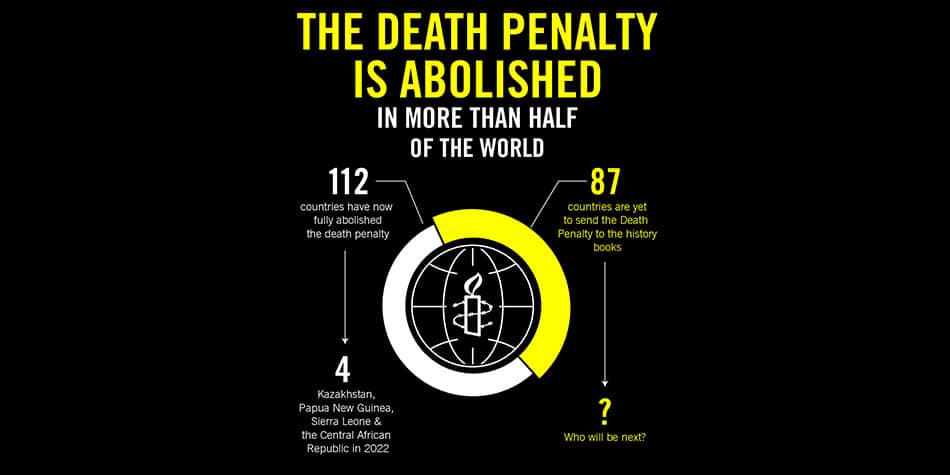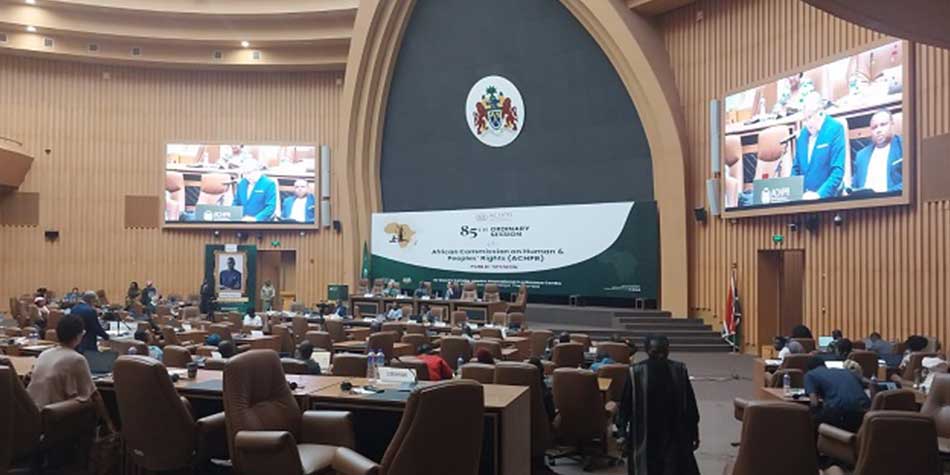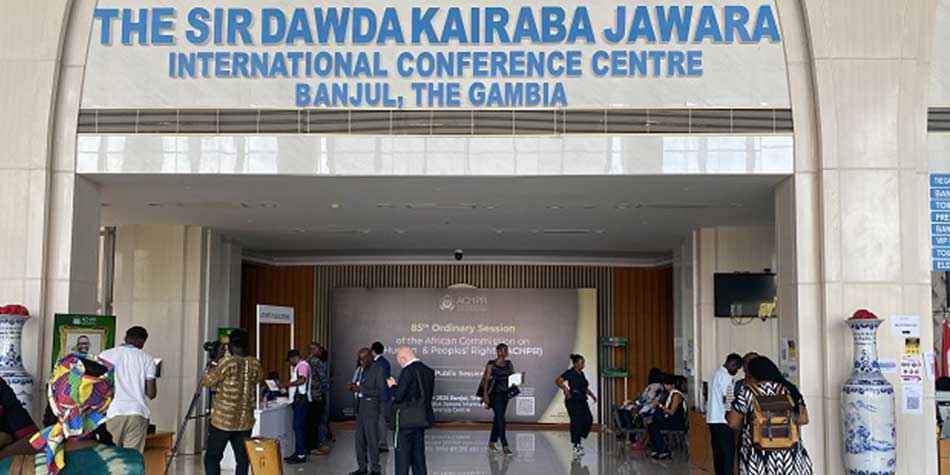
Increase in the number of executions, but clear progress toward abolition in 2022
Statistics
On 16 May, Amnesty International published their annual report on the global use of the death penalty, which shows the overall number and trends in sentencing and executions in 2022.
Global figures
Amnesty International recorded 883 executions in 20 countries in 2022, an increase of 53% from the 579 recorded in 2021. These figures do not include executions in China, Viet Nam, and North Korea, despite knowing executions took place there, since the information is classified. The 2022 global executions figure constitutes the highest figure recorded by Amnesty International since 2017 (993). For the second consecutive year, the number of executions was on the rise, following a drop in executions from 2018 to 2020. In 2019, 2020 and 2021 Amnesty International recorded 657, 483 and 579 executions respectively.
Amnesty International recorded executions in 20 countries compared to 18 in 2021. Five countries which had not executed in several years resumed executions, namely Afghanistan (first execution since 2018), Kuwait (first since 2017), Myanmar (first in four decades), Palestine (State of) (first since 2017) and Singapore (first since 2019). However, no executions were recorded in Botswana, UAE and Oman in 2022, countries that executed people in 2021.
Three countries, Egypt (24), Iran (at least 576) and Saudi Arabia (196) – accounted for 90% of all known executions, and 93% of global executions (excluding China) were carried out in the Middle East and North Africa region.
In 2022, four countries – Kazakhstan, Papua New Guinea, Sierra Leone and the Central African Republic – abolished the death penalty for all crimes and two countries – Equatorial Guinea and Zambia – had abolished the death penalty for ordinary crimes only. In January, a law that abolished the death penalty was officially promulgated in Kazakhstan. In April, amendments to the Criminal Code which removed the death penalty for all crimes started taking effect in Papua New Guinea. On 21 April 2022, in Sierra Leone, the Abolition of the Death Penalty Act 2021 which removed the death penalty from the laws was officially promulgated. On 27 June 2022, President Faustin-Archange Touadéra of Central African Republic signed into law a bill abolishing the death penalty.
At the end of 2022, more than two thirds of the world’s countries had abolished the death penalty in law or practice. 112 countries, a majority of the world’s states, had abolished the death penalty in law for all crimes and 144 countries had abolished the death penalty in law or practice. 55 countries still retained the death penalty.
Amnesty International recorded commutations or pardons of death sentences in 26 countries in 2022, compared to 19 in 2021: Afghanistan, Bangladesh, Barbados, China, Gambia, Ghana, Guyana, India, Indonesia, Iraq, Kazakhstan, Kuwait, Malaysia, Mauritania, Morocco/Western Sahara, Niger, Nigeria, Pakistan, Singapore, Sri Lanka, Sudan, Taiwan, Thailand, USA, Viet Nam, Zambia.
In 2022, Amnesty International recorded 28 exonerations of people under sentence of death in four countries, compared to seven in 2021: Kenya (20), Morocco/Western Sahara (1), USA (2), Zimbabwe (5).
Gambia, Maldives and Sri Lanka continued to observe official moratoriums on executions.
Attached documents
Categories
Trend Towards Abolition






